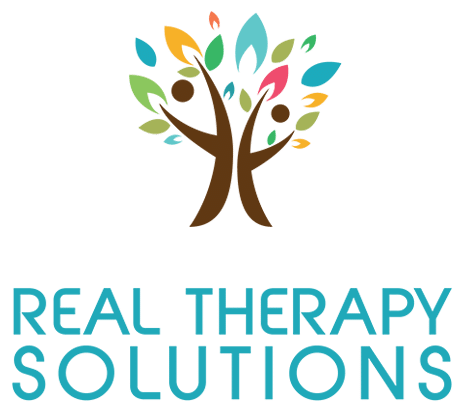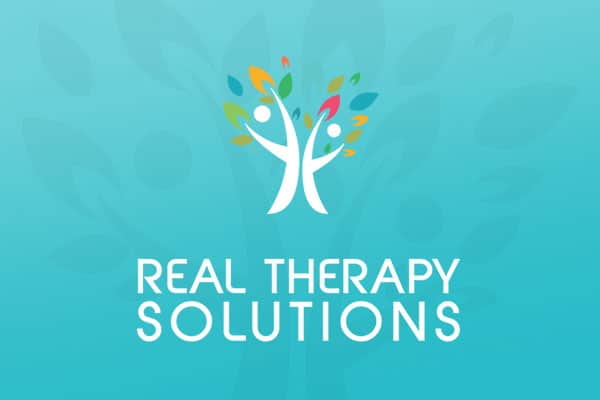There are so many terms used for different communication disorders; it can be very confusing! Let’s break some of it down for you…
Speech à the way we use sounds to make words.
Language à the choice of words and the way we use them to get our message across. It also involves understanding the words and messages from others (spoken or written).
Speech Sound Disorder à difficulties saying sounds or words correctly past a certain age.
A child’s speech should be completely understood by familiar and unfamiliar listeners at 4 years of age. A child should have all sounds by 7 years of age but it is appropriate for them to continue to have some difficulty with complex words (e.g. aluminium).
Children with Speech Sound Disorder may:
- leave sounds out of words (e.g. duck > ‘du’)
- change sounds in words (e.g. ring > ‘wing’)
- say sounds unclearly (e.g. ‘s’ sounding slushy).
Language Disorder à difficulty using age-appropriate words and sentences to communicate their message, or difficulty understanding this information from others.
The current term used is ‘Developmental Language Disorder (DLD)’ which can have no known cause or be linked with another diagnosis such as Autism Spectrum Disorder (ASD).
Children with Developmental Language Disorder often have difficulty:
- following instructions
- using complete or complex sentences
- retelling a story or event (e.g. what they did on the weekend)
- using appropriate words to explain something when they talk or write
- learning new words
- understanding written texts
- linking their ideas and writing cohesive texts
- engaging in social interactions.
Some other terms you might have heard:
Articulation à the use of our lips, mouth and tongue to produce speech sounds.
Phonology à patterns of sounds in speech.
Receptive Language à understanding of words and sentences.
Expressive Language à using words and sentences to express our thoughts, feelings, and ideas.
If your child has difficulty saying speech sounds clearly, try using the following strategies:
- model the correct way to say sounds that your child has difficulty saying (e.g. child: “it’s a wabbit” – model: “a rabbit… I can see the rabbit”)
- talk about and model how sounds are produced with the mouth (e.g. “th” is the teethy sound… watch my tongue and listen when I make the teethy sound… ‘th’.”)
- praise correct productions and when your child corrects their own productions (e.g. “Good fixing! First you said ‘white’ and I thought you were talking about the colour white. Then you fixed it to say ‘right’ and I knew what you meant.”)
- only correct some productions. Let your child know you are listening to what they are saying, not just how they are saying it.
If your child has difficulty with language skills, try the following strategies:
- give short, simple instructions in the order you want them done
- use sequencing words (e.g. first, then, next, last) when giving instructions or talking about what you are doing
- use visuals (e.g. drawings, pictures, mind maps) to support your child’s understanding (e.g. use a timetable with pictures to help your child follow the routine of the day and transition between tasks)
- ask ‘wh-’ questions when reading books (e.g. who, what, where, when, why)
- wait at least 10 seconds to allow your child to respond before you rephrase your instruction or question
- play games (e.g. I spy) to build your child’s vocabulary
- model correct sentences using appropriate words (e.g. child: “him won the race” – model: “he did… he won the race”)
- provide simple definitions for new words, then help your child make their own definition and brainstorm words that are synonyms (similar meaning) and antonyms (opposite meaning)
- model using conjunctions (e.g. and, because, if) to join your ideas and provide reasons in your sentences (e.g. “it feels cold because the fan is on”)
- describe features of items (e.g. size, colour, shape, texture, function) and compare what makes things the same and different.
If this information has raised any concerns about your child’s speech or language you should seek professional input from a Speech Pathologist. You are welcome to call us on 1300 856 617 to discuss making an appointment with one of our Speech Pathologists.




